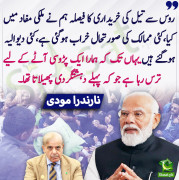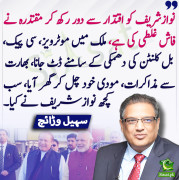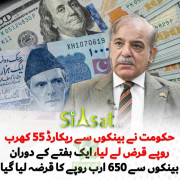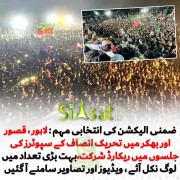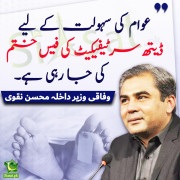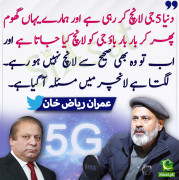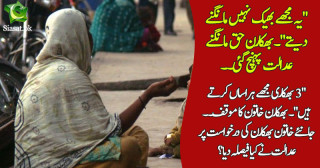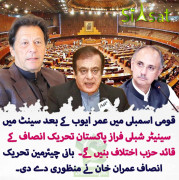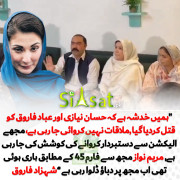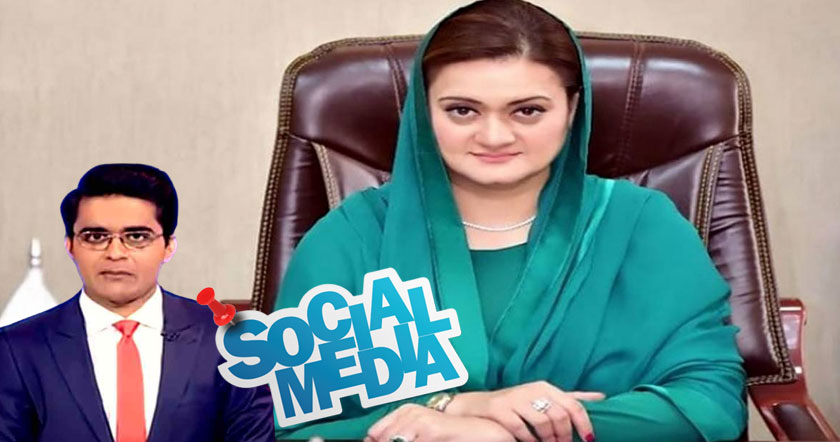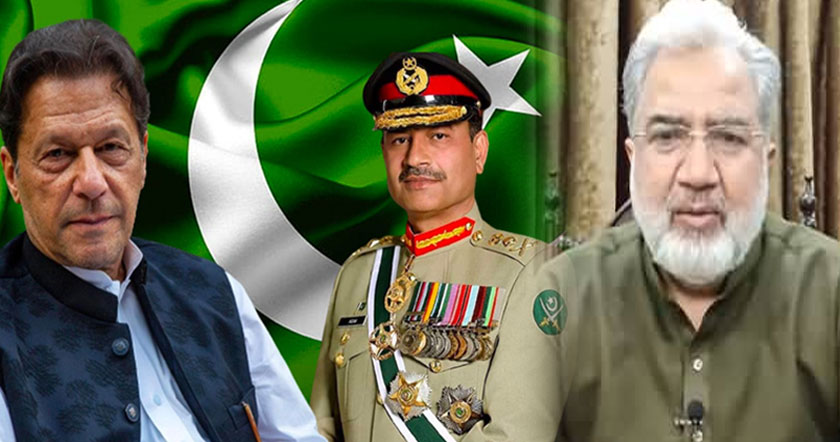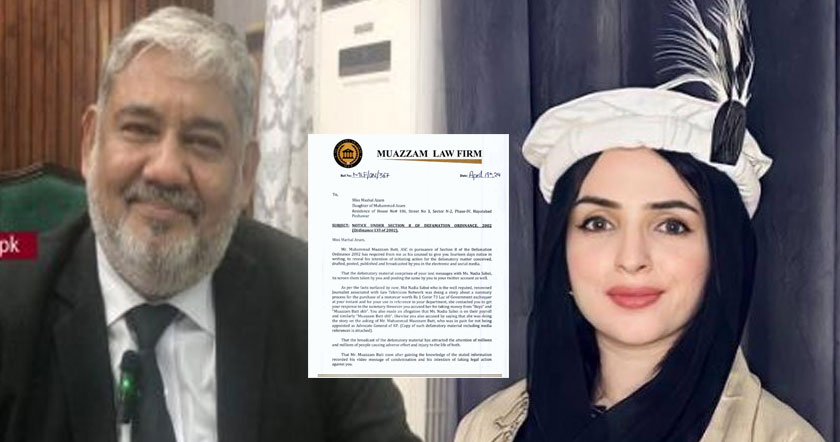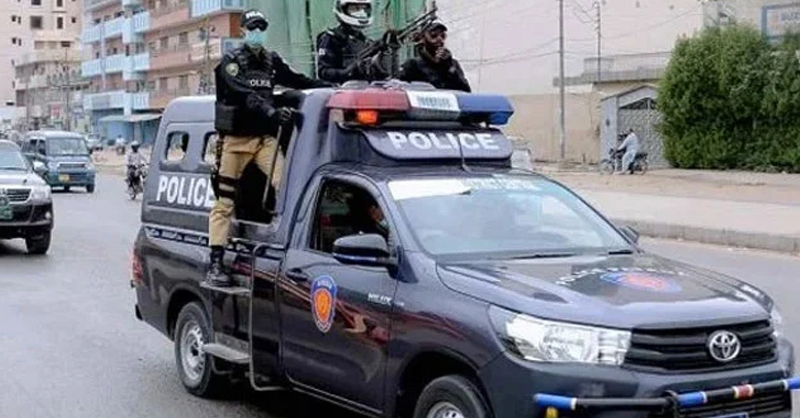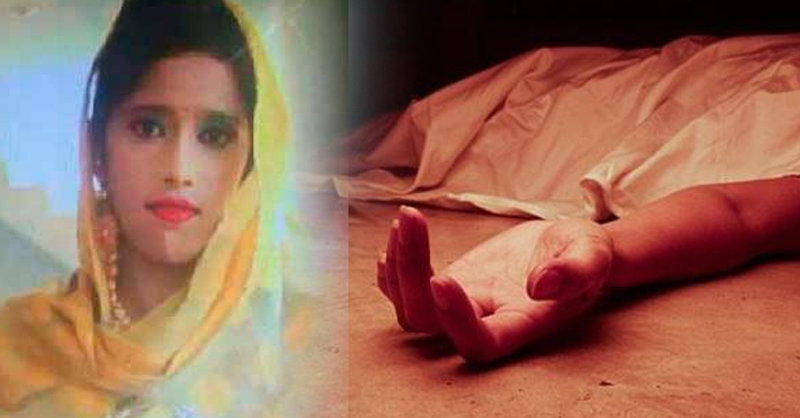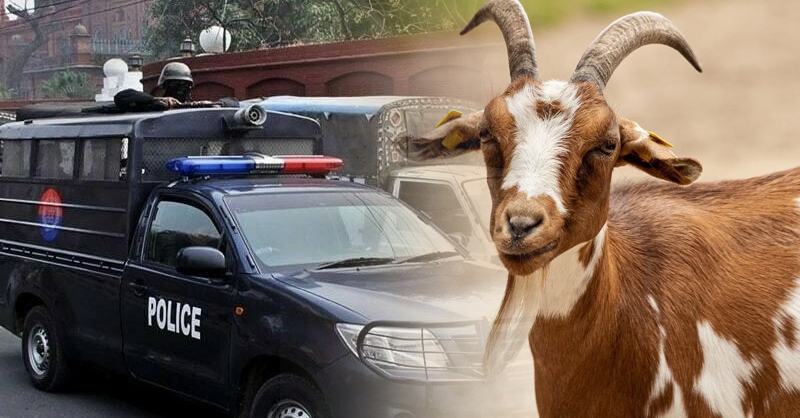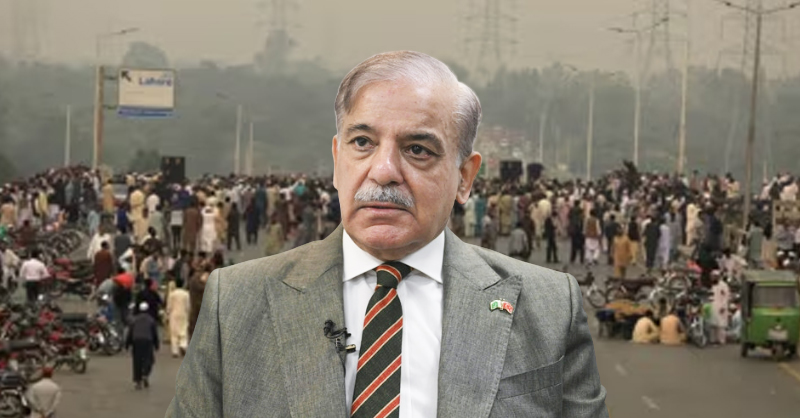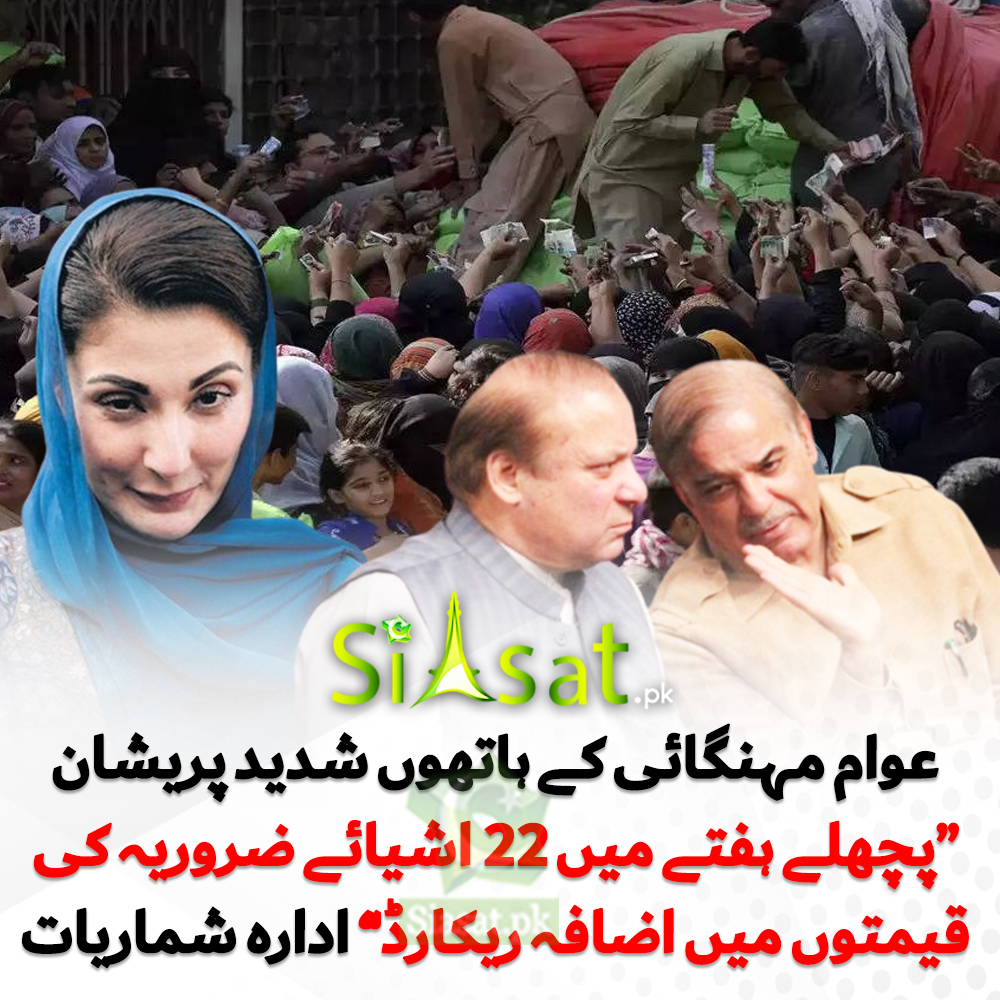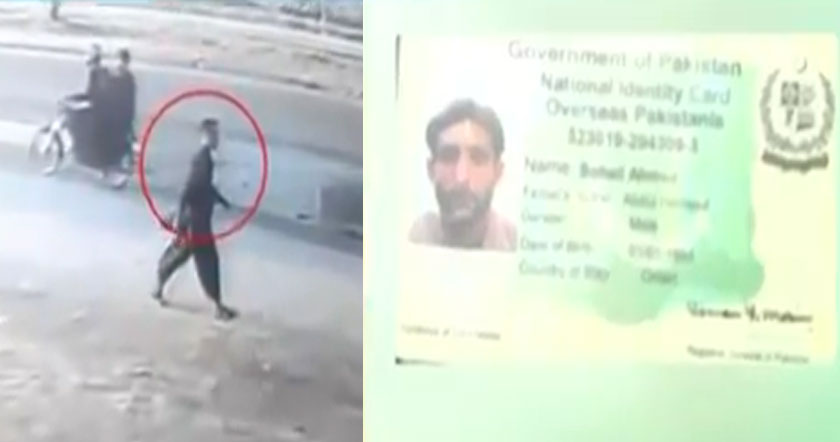Citizen X
President (40k+ posts)
And this is not the first time Uyghur separatists have made fake news and over exaggerated their numbers or made up stories of mistreatment. This happened in 1990s as well to gain sympathy, only that time it was backed by the Soviets and this could very well be the case of the same only this time backed by the US. Trump used Uyghur to get a better trade deal with china. With the Us picking this issue is for their own benefits. 23 UN members have called out china for their action agaisnt Uyghur. Un is biased against china, i can agree with the argument to an extent, china views on this issue are one side so who are neutral? Al jazeera news is the most neutral out of all of them in this issue. They have reported on the abuses in Uyghr. If we look Foreign media which reports on Indian abuses in Kashmir by india are the same media which reported on Uighur.
I agree that uyghr is problem for china point of view. They are the weakest link in their One belt On road initiative. What Few groups from Uyghr did in China means all the Uyghr population should suffer?
I have come to conclusion that china js making muslims suffer in Uyghr, As a muslim i pray for them and all other muslims who are suffering. If I criticise India for abusing muslims , I would also criticise China, Israel and etc for what they are doing to muslims.
China is the biggest ally of Pakistan and its future depends on China succeeding in its kne road one belt initiative. As a nationalist I shouldn't care what's happening in Uyghr and focus on Pakistan beefits in the relationship which I don't want to be ruined, as a muslim I can atleast pray for those Muslims and keep in mind what China has done to them. These are 2 sides in Pakistan my opinion when it comes to china.
“Limp dick politics” i respect your opinion?
Even a cursory reading of this on wikipedia would have helped.
Media reports and scholarly studies of terrorism in contemporary China frequently focus on members of the largely Muslim Uyghur ethnic group, who are concentrated in the Northwestern province of Xinjiang.[16] Throughout its history, the region now known as Xinjiang was ruled intermittently by China,[19] while the local Uyghurs identify more closely with the cultures of Central Asia and had resisted attempts at assimilation to Han Chinese culture. From 1933 to 1934, Uyghurs founded a short-lived independent Islamic republic, and the Soviets supported Communist Uyghur rebels in the Ili Rebellion from 1944 to 1949 against the Republic of China, the Second East Turkestan Republic, before the Incorporation of Xinjiang into the People's Republic of China in 1949.[16][19] After the Sino-Soviet split, the Soviet Union amassed troops on the Russian border with Xinjiang, and bolstered "East Turkestan" separatist movements, which received moral and material support from other regional militant groups.[20] China accused the Soviets of engineering riots, and improved the military infrastructure there to combat it.[21]
In the 1980s, Chinese authorities relaxed some of its repressive policies against ethnic minorities, and loosened border controls which allowed Uyghurs to travel to the Mecca Pilgrimage. During this period, some Uyghurs came into contact with radical Islamist groups operating in Central Asia and Pakistan, while others were studied in Koranic schools associated with Islamist movements.[8] The increase in fundamentalism has been linked to the Islamic revival of the 1980s, following Deng Xiaoping's political reforms which sought to reduce the suppression of religion and promotion of atheism that was widespread during Mao's rule. Rémi Castets has commented that this led to a "more militant logic using Islam as an instrument for distinguishing Uyghur values from the non-clerical and atheistic values promoted by the Chinese authorities."[22] Following the fall of the Soviet Union and the independence of the former Soviet republics in Central Asia, the Chinese government feared a resurgence of separatist movements, as well a spread of radical Islam in the region, which could destabilize its infrastructure in Xinjiang. During this time, countries such as Kazakhstan and Kirghizstan offered asylum to Uyghur refugees, and recognition to groups pursuing independence.[8] To combat this, the Beijing government settled border disputes and offered economic co-operation with the Central Asian republics through the Shanghai Co-operation Organisation, and successfully persuaded these countries to ban Uyghur separatist groups residing there, as well as to extradite suspected Uyghur separatist refugees.
A chain of aggressive and belligerent press releases in the 1990s making false claims about violent insurrections in Xinjiang, and exaggerating both the number of Chinese migrants and the total number of Uyghurs in Xinjiang were made by the former Soviet supported URFET leader Yusupbek Mukhlisi.[23][24]
There is no single Uyghur agenda, and grievances of Uyghurs against the Chinese government are mostly political in nature.[25] While some Uyghurs desire an independent state in line with Turkic ethnic groups of Central Asia, others desire an autonomous relation with China while retaining their distinct culture, whereas others desire extensive integration with the Chinese political system.[19][25]
The desire for independence or greater political and cultural autonomy largely stems from resentment over perceived restrictions to religious and cultural expression, ethnic conflict with the local Han Chinese population, income inequality,[16][19] and the perception that Beijing's government is misallocating Xinjiang's natural resource wealth.[16] Some groups have adopted violent tactics in pursuit of these goals, mostly the establishment of a separate Uyghur state called East Turkistan or Uyghuristan, which lays claim to a large part of China.[25] Entities identified in Chinese government documents as having involvement in violent attacks include the East Turkistan Islamic Movement (ETIM), East Turkistan Liberation Organization (ETLO), United Revolutionary Front of East Turkestan (URFET), and the Uyghur Liberation Organization (ULO).[7] Members of these groups are believed to have received training in Central Asian nations such as Afghanistan and Pakistan.[26] Such violent groups has been noted as frequently splintering, merging, and collapsing, which makes claims difficult to substantiate.[25] China's Muslim Hui people, who are comparatively well integrated into Chinese society, regard some Uyghurs as "unpatriotic separatists who give other Chinese Muslims a bad name," according to the New York Times.[27]
Scholars have indicated that violence in Xinjiang is based on an assortment of ideologies, and there is no single dominant ideology among the Uyhurs. As James Millward writes, incidents have "been discontinuous and characterized by a variety of ideologies, Islam being only one of them." Islam, Pan-Turkic nationalism, and Uyghur nationalism are all factors in unrest in the Xinjiang region.[7][26][16] There are six incidents in China from 1990 to 2005, according to Ogden, that meet the strictest definition of terrorism, meaning the use of "random" violence against innocent civilians to cause terror, and excluding calculated violence against the state to advance a secessionist movement.[16] Among the events identified by Ogden was an incident on 6 February 1992 when Uyghur separatists (possibly belonging to the East Turkestan Islamic Party) detonated a bomb on a public bus in Urumqi, and a bomb attack on a hotel in Kashgar on 17 June 1992.[9] Instances of violence by ethnic Uyghurs against security forces, organs or infrastructure of the state are far more common, but are distinguished by scholars from terrorism aimed against the civilian population.[16] According to Martin, Chinese authorities frequently classify any act of violence or separatist activity in Xinjiang as a manifestation of terrorism, while comparable acts by ethnic Han Chinese would not be classified in this manner.[14]
On 27 May 2014 a rare mass trial was held at a packed sports stadium in Xinjiang where three people were sentenced to death and another 53 received lengthy jail terms, after being convicted of terrorism charges. 39 people had been sentenced at a similar gathering a week previous. An anti-terror campaign which began in 2013 and continued into 2014 preceded the sentencing trials. The campaign included attacks on railway stations and a market in Xinjiang in which seventy people were killed and several hundred wounded.[28]
TIP (ETIM) sent the "Turkistan Brigade" (Katibat Turkistani) (Arabic:كتيبة تركستاني) to take part in the Syrian Civil War,[29] most noticeably in the 2015 Jisr al-Shughur offensive.[30][31][32][33][citation needed] The leader of TIP (ETIM) in Syria is Abu Rida al-Turkestani (أبو رضا التركستاني).[34]
There have been no terrorist attacks in Xinjiang since 2017, mainly because of the Chinese governments harsh responses against it such as mass surveillance, increased arrests, and a system of "re-education camps", estimated to hold a million Uyghurs and members of other Muslim minority ethnic groups.[35][36][37]


